- Home
- Undergraduate
- Academics
- Psychology
Psychology
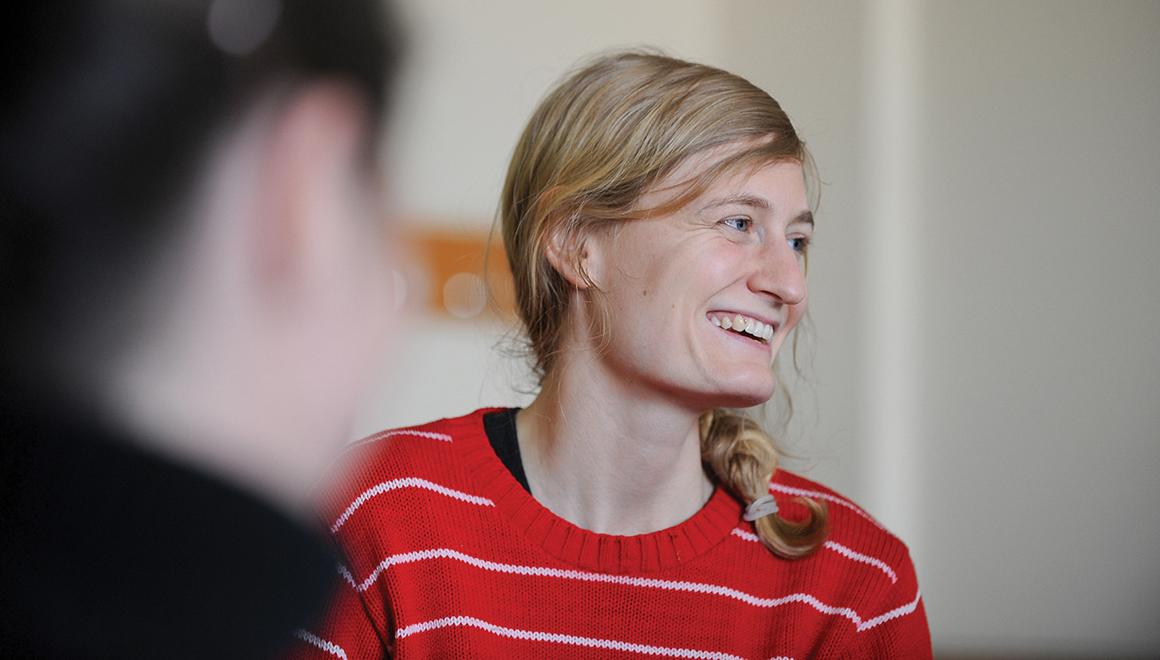
Understand the factors that shape human behavior
Ready to dive into the inner workings of the human mind? A Bachelor of Arts in Psychology at Simmons equips you with the tools to explore the human experience, from neurons to social behavior.
Why study Psychology?
A BA in Psychology is one of the most versatile degrees available. You'll examine contemporary approaches to mental health and critically analyze the factors that shape human behavior.
You’ll explore the biological, cognitive, developmental, and social dimensions of human experience and learn the research methods used to study them. Fieldwork and research opportunities in Boston connect your learning to real-world issues.
Simmons psychology courses also build transferable writing, research, and analytical skills that transfer to countless professions. Upon graduation, you’ll be prepared to apply your expertise to real-world challenges and opportunities.
You can combine the major with a minor, pursue a psychology minor, or enroll in the online Bachelor of Arts in Applied Psychology designed for adult learners.
Career paths and advanced education
A psychology degree opens doors to diverse, meaningful careers by allowing you to tailor your path to your specific interests.
Recent graduate career highlights
- Behavioral / Mental Health Technician
- Human Resources Specialist
- Research Assistant / Technician
- Clinical Research Assistant / Coordinator
- Data Analyst
Advanced programs pursued
- PhD in Clinical Psychology
- Master of Social Work (MSW)
- Licensed Mental Health Counselor (LMHC) Programs
- PhD in Neuroscience
- Master or PhD in Behavior Analysis (ABA)
- Master of Public Health (MPH)
Every Psychology major must complete 36 semester hours in psychology and four hours in statistics.
The following five core courses are required
| PSYC101 | Introduction to Psychological Science | 4 |
| STAT118 | Introductory Statistics | 4 |
| OR | ||
| STAT239 | Regression and Design of Experiments | 4 |
| PSYC201 | Biological Psychology | 4 |
| PSYC203 | Research Methods in Psychology | 4 |
| PSYC345 | History & Systems of Psychology | 4 |
Majors complete one course in each of the following three areas
Basic Processes [choose one]
| PSYC243 | Cognitive Psychology | 4 |
| PSYC244 | Drugs and Behavior | 4 |
| PSYC245 | Learning and Conditioning | 4 |
| PSYC246 | Motivation and Emotion | 4 |
| PSYC251 | Neuroscience of Music | 4 |
Capstone
Students fulfill the capstone requirement in the Department by completing two Courses: one Upper Level Theory and Application Course and one Upper Level Research Course (listed below).
Prerequisites
PSYC 101 Introduction to Psychological Science is a prerequisite for all courses offered by the department. Upper-level courses have additional prerequisites as detailed in the course descriptions. Students may use an AP psychology test score of 4 or 5 to replace the PSYC 101 course requirement, but they are still encouraged to take the course for the comprehensive background it provides.Recommendations
Students considering a major in psychology are advised to take PSYC 101 Introduction to Psychological Science and STAT 118 Introductory Statistics during their first year so that they can take PSYC 203 Research Methods in Psychology and PSYC 201 Biopsychology in their second year, as intended. Advisors and the Department Chair can help students plan individualized course sequences based on their interests and career goals. The following examples illustrate a variety of possibilities.
1. A student with career interests in the clinical and personality area should consider
| PSYC230 | Theories of Personality | 4 |
| PSYC231 | Psychopathology and Mental Health | 4 |
| PSYC232 | Health Psychology | 4 |
| PSYC304 | Research in Personality | 4 |
| PSYC331 | Seminar in Clinical Psychology | 4 |
| PSYC336 | Childhood Psychopathology | 4 |
2. A student planning a career working with children, such as early childhood education, counseling, child guidance, or school psychology, should consider
| PSYC235 | Developmental Psychology | 4 |
| PSYC236 | Psychology of Adolescence | 4 |
| PSYC305 | Research in Child Development | 4 |
| PSYC335 | Social & Emotional Development | 4 |
| PSYC336 | Childhood Psychopathology | 4 |
3. A student planning a career in medical or neuroscience research should consider
| PSYC232 | Health Psychology | 4 |
| PSYC243 | Cognitive Psychology | 4 |
| PSYC244 | Drugs and Behavior | 4 |
| PSYC245 | Learning and Conditioning | 4 |
| PSYC301 | Research in Biopsychology | 4 |
4. A student interested in a career in behavioral research, human factors, or computer-based instruction should consider
| PSYC243 | Cognitive Psychology | 4 |
| PSYC245 | Learning and Conditioning | 4 |
| PSYC248 | Social Psychology | 4 |
| PSYC303 | Research in Cognitive Processes | 4 |
Relevant areas of mathematics and/or computer science are also recommended.
Independent Learning in Psychology
Independent learning experiences enrich a student’s education in Psychology and can distinguish a student’s qualifications when applying for employment and admission to graduate school. Although not required for the Psychology degree, majors are strongly encouraged to speak with their advisors about integrating one or more of the following courses into their plan of study.
| PSYC350 | Independent Study | 1 |
| PSYC355 | Thesis | 4 |
| PSYC380 | Fieldwork in a Psychological Setting | 0 |
| PSYC381 | Thesis in Psychology | 4 |
PSYC 380: Note: Must apply in spring before senior year. Students typically earn 8 credits of PSYC 380 across two consecutive semesters.
Required Course
| PSYC101 | Introduction to Psychological Science | 4 |
Basic Processes Course (complete one)
| PSYC243 | Cognitive Psychology | 4 |
| PSYC244 | Drugs and Behavior | 4 |
| PSYC245 | Learning and Conditioning | 4 |
| PSYC246 | Motivation and Emotion | 4 |
| PSYC251 | Neuroscience of Music | 4 |
Three Electives
Complete three electives with the PSYC designation. Nursing students can count NURS 335 as one of the three electives.- Content Knowledge and Applications (CKA): Students demonstrate comprehension of the major concepts, theoretical perspectives, historical trends, and empirical or evidence-based findings to discuss how psychological principles apply to behavior and mental processes.
- Scientific Inquiry and Critical Thinking (SCT): Psychology is a STEM discipline that uses the same research practices found in other scientific fields. The skills in this domain involve the development of scientific reasoning and investigation, including developing proficiencies in research methods and statistics.
- Communication, Psychological Literacy, and Technology Skills (CLT): The skills in this category address the ability of students to build and maintain effective communication skills in processing and expressing information.
- Values in Psychological Science (V): The skills in this domain promote the development of ethical and socially responsible values and behaviors in personal, professional, organizational, and institutional settings. The goal includes ethical reasoning and practices, interpersonal and intercultural responsiveness, and strategies that promote and sustain strong communities and equitable opportunities.
- Personal and Professional Development (PPD): The skills in this domain refer to abilities that sharpen students’ readiness for the workplace whether the student’s future involves graduate school or a job following the baccalaureate degree.
Spotlight on Psychology Students and Alums
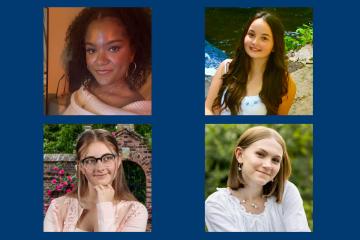
Meet Our 2025–26 Bonner Community Leaders
The Bonner Community Leaders Program is a unique opportunity for students who want to combine a strong commitment to service with personal growth, teamwork, leadership development, and scholarship. This academic year, Simmons announced a new cohort of Bonner Leaders including Ammy A. Cardenes Santana ’29, Gulsah Cayan ’29, Lily-Rose O’Brien ’29, and Mackenzie Oprea ’29.
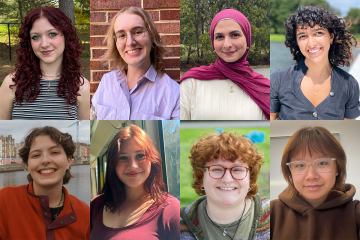
Congratulations to the 2025 SURPASs Scholars
Eight undergraduate scholars from disciplines across Simmons have been selected to join the Summer Undergraduate Research Program at Simmons (SURPASs). SURPASs students receive the necessary funding and mentorship to execute an independent research project of their own design.

Six Students Selected for the 2025 Senior Scholar Award
Ginjer Doherty ’25, Aviva Foster ’25, CJ Haggard ’25, Theo Hatfield ’25, Lili Malatinszky ’25, and Grace Walters ’25 have been selected for the prestigious Senior Scholar Award at Simmons University. Sponsored by the Provost’s Office and the Office of Research and Fellowships, the Senior Scholar Award recognizes outstanding scholarly research across different disciplinary fields.

An Advocate for Women and Children
Esta Soler ’68, ’06HD is the President of Futures Without Violence (FUTURES). Based in San Francisco, Boston, and Washington D.C., this nonprofit organization aims to prevent violence against women and families.
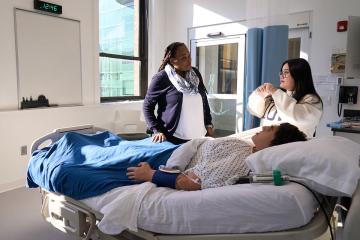
Thriving through Diversity: A Nursing Success Story
The Dotson Bridge and Mentoring Program pairs first-generation and other underrepresented nursing student mentees — called Scholars — with experienced Mentors (typically School of Nursing alumnae/i). Sasha DuBois ’08BSN has served as a mentor since the program began in 2009. LaDonna Christian ’16PhD became director of the program in 2010.

Internship Inspires Alumnae/i Career in Healthcare
Dianna Shaw ’92, who majored in psychology and sociology at Simmons, was interviewed by The Bay Magazine about her over 30-year career assisting older adults.
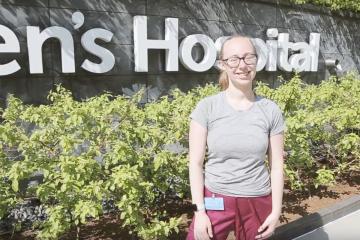
Exercise Science Student Interns at Boston Children's Hospital
Caroline Aspinwall ’24, majoring in Health and Exercise Science with a minor in Psychology, shares details about her internship experience at Boston Children’s Hospital.

Simmons Alums Create “Queer-Led Web Design” Team
We celebrate Pride Month with 2020 graduates KP and Jessie, who run Inkpot Creative, a unique website development company that offers cutting edge website design for photographers, with a focus on inclusivity.
Our Faculty
Learn more about our Psychology major faculty
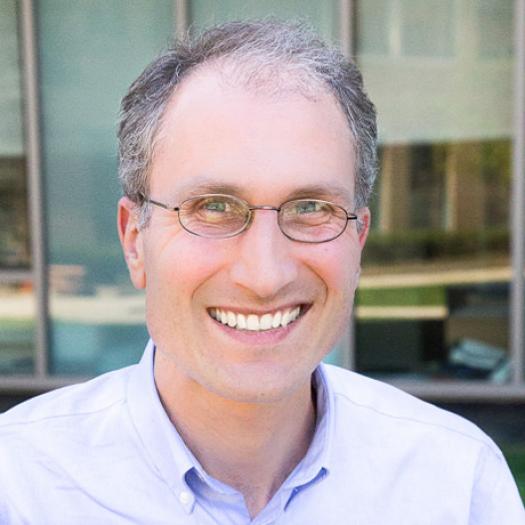
Gregory Feldman
Professor
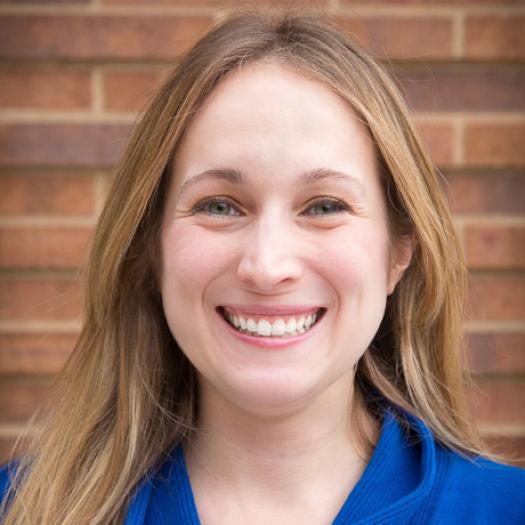
Amanda Carey
Associate Professor, Chair of Psychology, and Co-Coordinator of Neuroscience Program

Elizabeth Donovan
Associate Professor
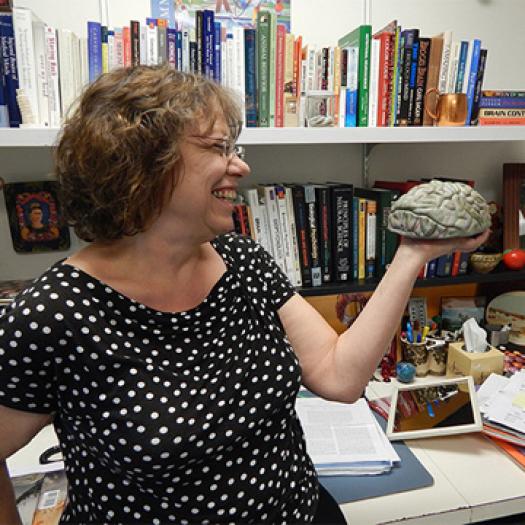
Rachel Galli
Adjunct Faculty
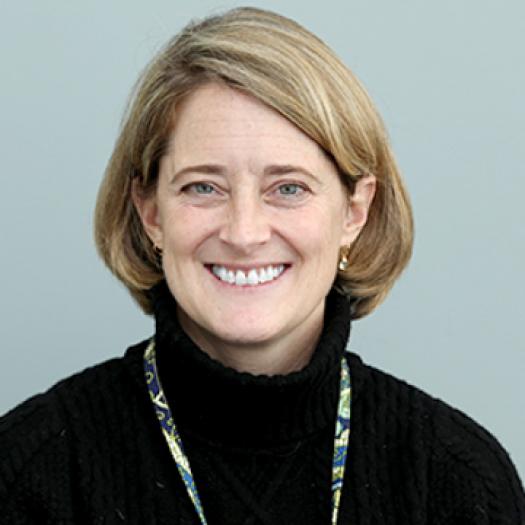
Sarah Martin
Professor
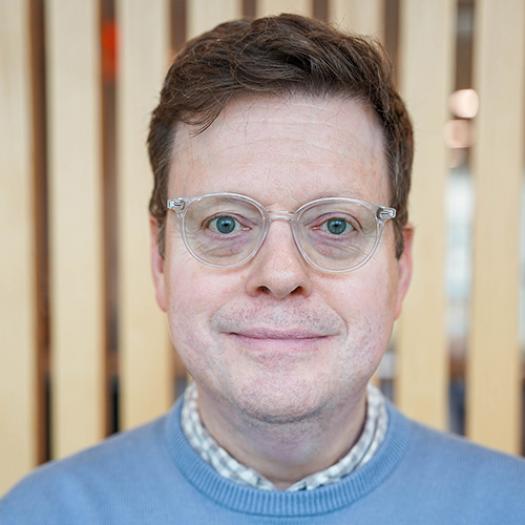
John Reeder
Associate Professor
Ellen Birchander
Adjunct Faculty
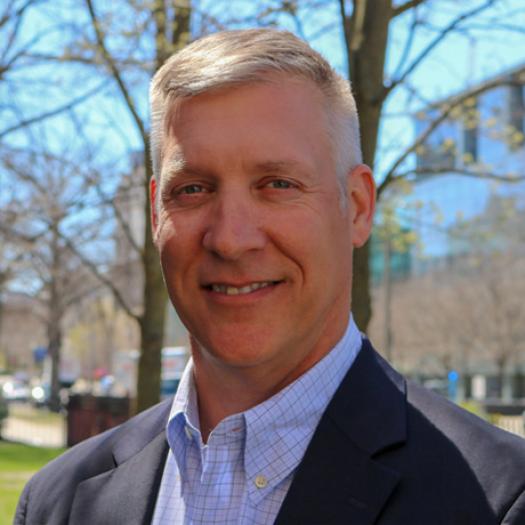
Geoff Turner
Associate Professor
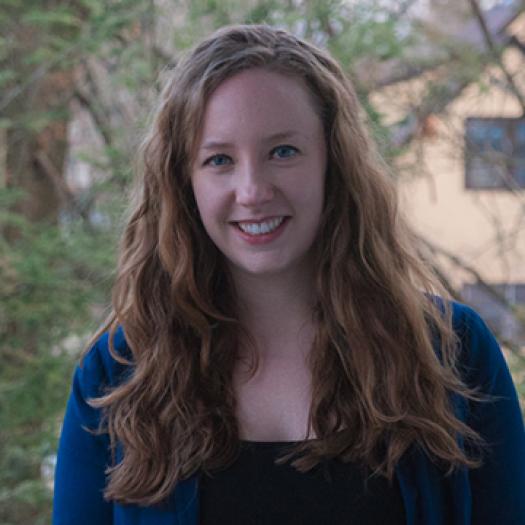
Megan McCarty
Associate Professor
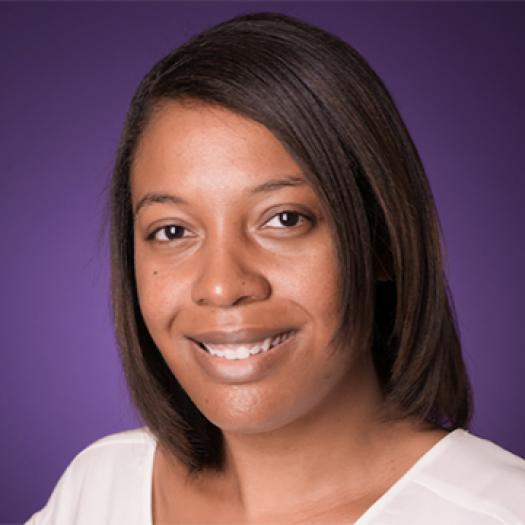
Elaine Augustine
Adjunct Faculty
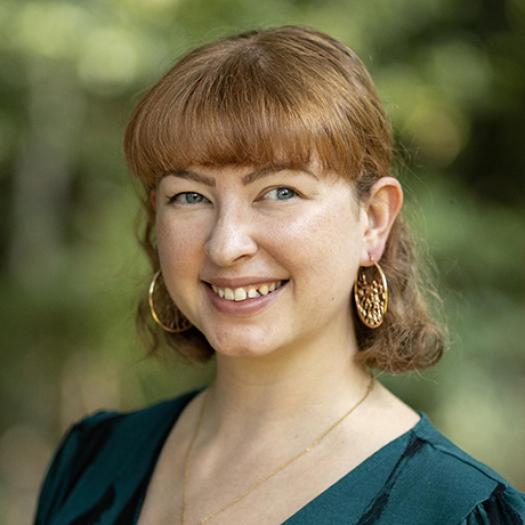
Kelsea Gildawie
Assistant Professor
Related Programs
Undergraduate
-
Applied Psychology: OnlineBA
- BA
-
BiostatisticsMinor
- Minor
-
MarketingBSBA, Minor
- BSBA
- Minor
-
Neuroscience and BehaviorBS
- BS
-
Nursing (BSN)BSN
- BSN
-
PhilosophyMinor
- Minor
-
Pre-Health Professions TrackBS
- BS
-
SociologyBA, Minor
- BA
- Minor
